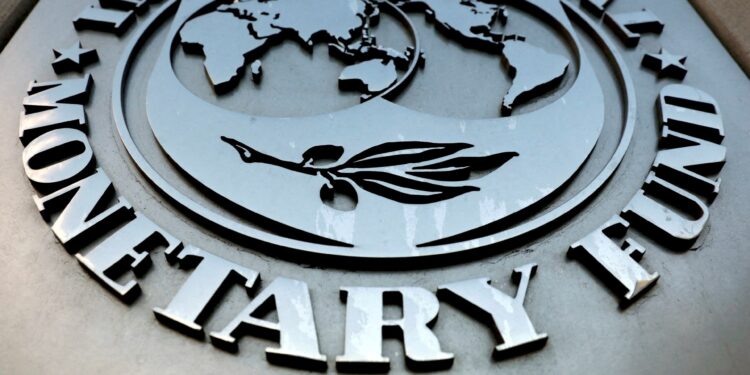The European Bank for Reconstruction and Development announced on Thursday that war and “extreme weather” are affecting economic growth in countries covered by the bank, noting that the escalating crisis in the Middle East is exacerbating the political and economic crisis in Lebanon and harming neighboring countries such as Jordan and Egypt.
“The escalating crisis in the Middle East, with Israel bombing Hezbollah targets in Lebanon, could exacerbate the political and economic crisis in Lebanon and harm neighboring countries such as Jordan and Egypt,” said the bank’s chief economist, Beata Javorcik.
“Countries close to conflict in the Middle East are very likely to see increased risk, and therefore their borrowing costs will be higher,” she added.
For its part, the International Monetary Fund said yesterday that it is monitoring the impact of the confrontations between Israel and Hezbollah on Lebanon, which is suffering human losses and destruction of infrastructure, adding that it is too early to assess the economic effects.
“We are watching with great concern the escalation of the conflict in the region. The current conflict is causing heavy human casualties and damage to the physical infrastructure in southern Lebanon, and is exacerbating the already fragile macroeconomic and social situation in Lebanon,” an IMF spokesperson said in an emailed statement to Reuters.
Beata Javorcik: There is a feeling that Europe is in some kind of crisis.
Economic conditions in the world
On the other hand, the European Bank for Reconstruction and Development said in a semi-annual report that the downward revision to GDP growth in the region covered by the bank was slight, but it is the second downward revision in that region, which includes emerging economies in Europe, Central Asia, the Middle East and Africa.
The bank revised its growth forecast to 2.8% this year and 3.5% for 2025, down 0.2 and 0.1 percentage points, respectively.
“When I travel through European cities I see that the general situation is clearly deteriorating… There is a feeling that Europe is in some kind of crisis,” Beata Javorcik told Reuters.
She added that Europe is suffering from increasing conflicts and high energy costs.
The European Bank report stated that the stagnation of mining sector production in Kazakhstan and Uzbekistan, the conflict in the Gaza Strip and Lebanon, and the severe drought in Morocco and Tunisia are all factors that are also putting pressure on growth.
China’s stimulus measures could boost exports from the bank’s commodity-exporting member countries, and trade barriers have prompted Beijing to pump billions of dollars into Hungary, Serbia and Morocco, foreign direct investment that could increase further if global trade policy blocks more imports from China, Javorcik said.



